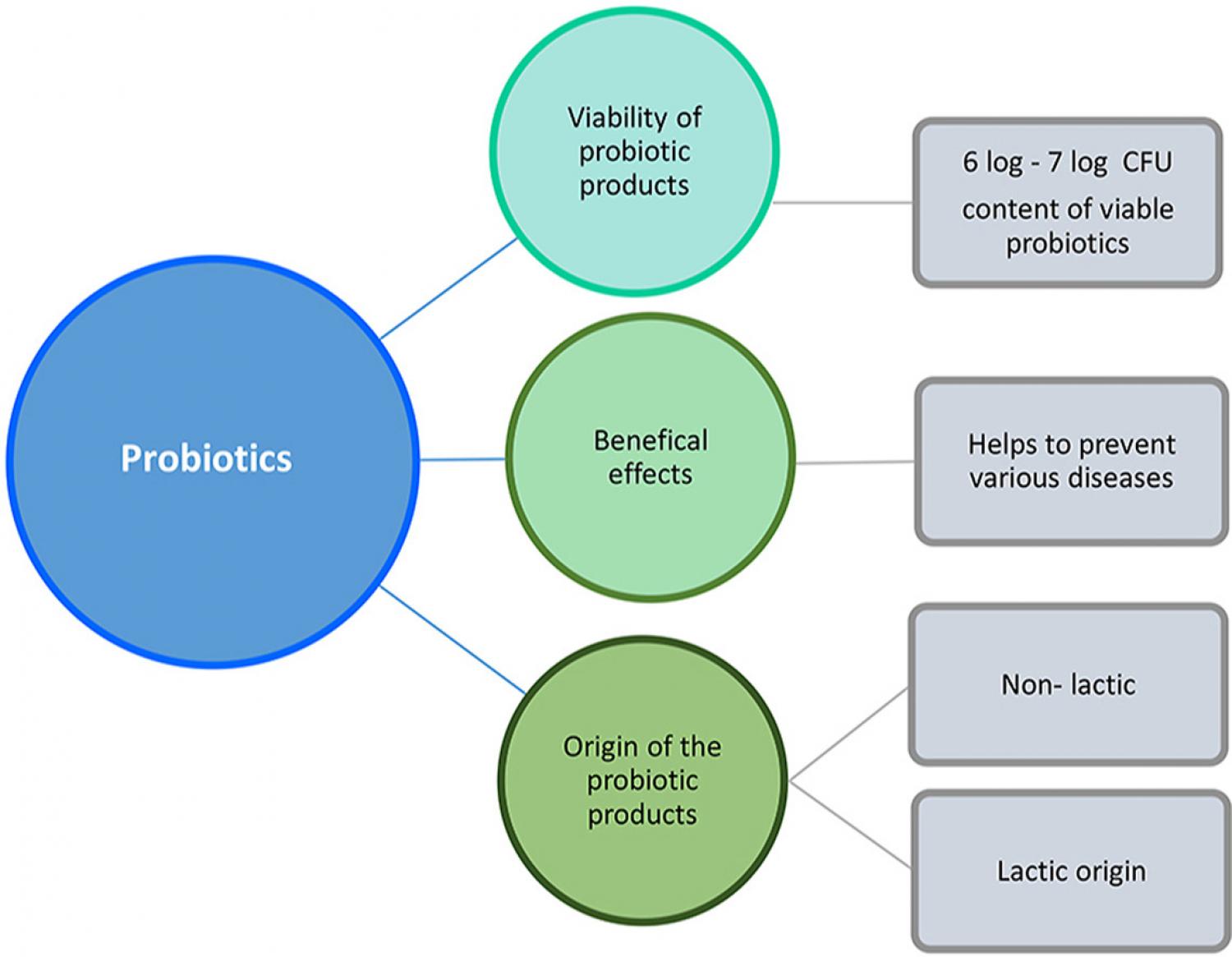
Foods with probiotics are in high demand by consumers given their associated health properties that make them the most popular functional foods. Probiotics have primarily been used in products of lactic acid origin. However, nondairy foods are increasingly being used as carriers of probiotics because the population exhibits high levels of lactose intolerance. In addition, modern lifestyles are increasingly distant from animal food consumption such as dairy products. Thus, fruit and vegetables are interesting nondairy matrices for probiotics and are compatible with popular diet options, such as vegetarianism and veganism. Vegetables provide a beneficial environment that protects probiotic viability from stress factors during the product shelf life. The aim of this review is to provide an overview of the studies conducted on the application and feasibility of probiotics in fruit and vegetable matrices.
